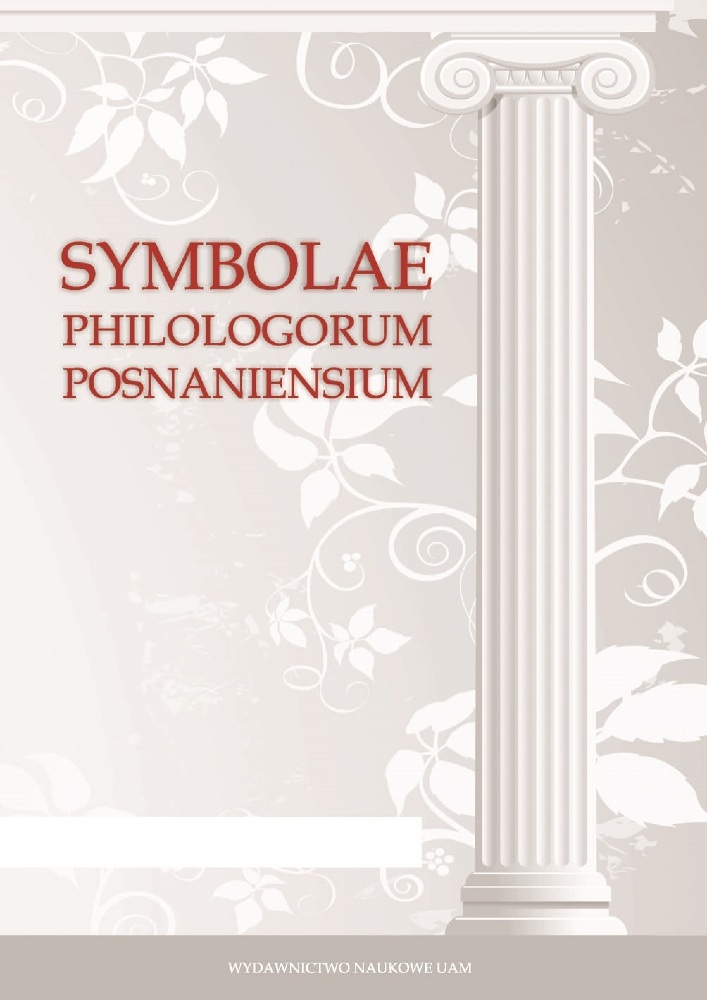Abstract
The article aims to address the meaning of Antiquity as it appears in the educational system of this most influential civilization.
References
Primary sources:
Cicero. On the Republic. On the Laws. Tr. by C. W. Keyes. 1928. Cambridge, MA.
Cicero. On the Orator, bks. 1–2. Tr. by E. W. Sutton, H. Rackham. 1942. Cambridge, MA. Pausanias. Description of Greece, vol. IV, bks. 8.22–10: Arcadia, Boeotia, Phocis and Ozolian Locri. Tr. by W. H. S. Jones. 1935. Cambridge, MA.
Plato. Laches. Protagoras. Meno. Euthydemus. Tr. by W. R. M. Lamb. 1924. Cambridge, MA.
Plato. Republic, vol. 2, bks. 6–10. Ed., tr. by C. Emlyn-Jones, W. Preddy. 2013. Cambridge, MA.
Seneca. Epistles, vol. II, eps. 66–92. Tr. by R. M. Gummere. 1920. Cambridge, MA.
Vitruvius. On Architecture, vol. I, bks. 1–5. Tr. by F. Granger. 1931. Cambridge, MA.
Secondary Sources:
Davidson 1902: T. Davidson, Aristotle and Ancient Educational Ideals. New York: Charles Scribner’s Sons.
Dürüşken 2001: Ç. Dürüşken, Antikçağda Doğan Bir Eğitim Sistemi: Roma’da Rhetorica Eğitimi. İstanbul: Arkeoloji ve Sanat Yayınları.
Dürüşken 2014: Ç. Dürüşken, Antikçağ Felsefesi: Homeros’tan Augustinus’a Bir Düşünce Serüveni. İstanbul: Alfa Yayınevi.
Gwynn 1926: A. Gwynn, Roman Education from Cicero to Quintilian. Oxford: Clarendon Press.
Hicks 2012: A. Hicks, “Martianus Capella and The Liberal Arts.” In The Oxford Handbook of Medieval Latin Literature. Ed. by R. J. Hexter, D. Townsend, 307–334. Oxford: Oxford University Press.
Kimball 2010: B.A. Kimball, The Liberal Arts Tradition. A Documentary History. New York: University Press of America.
Sears 1986: E. Sears, The Ages of Man: Medieval Interpretations of the Life Cycle. New Jersey: Princeton University Press.
License
